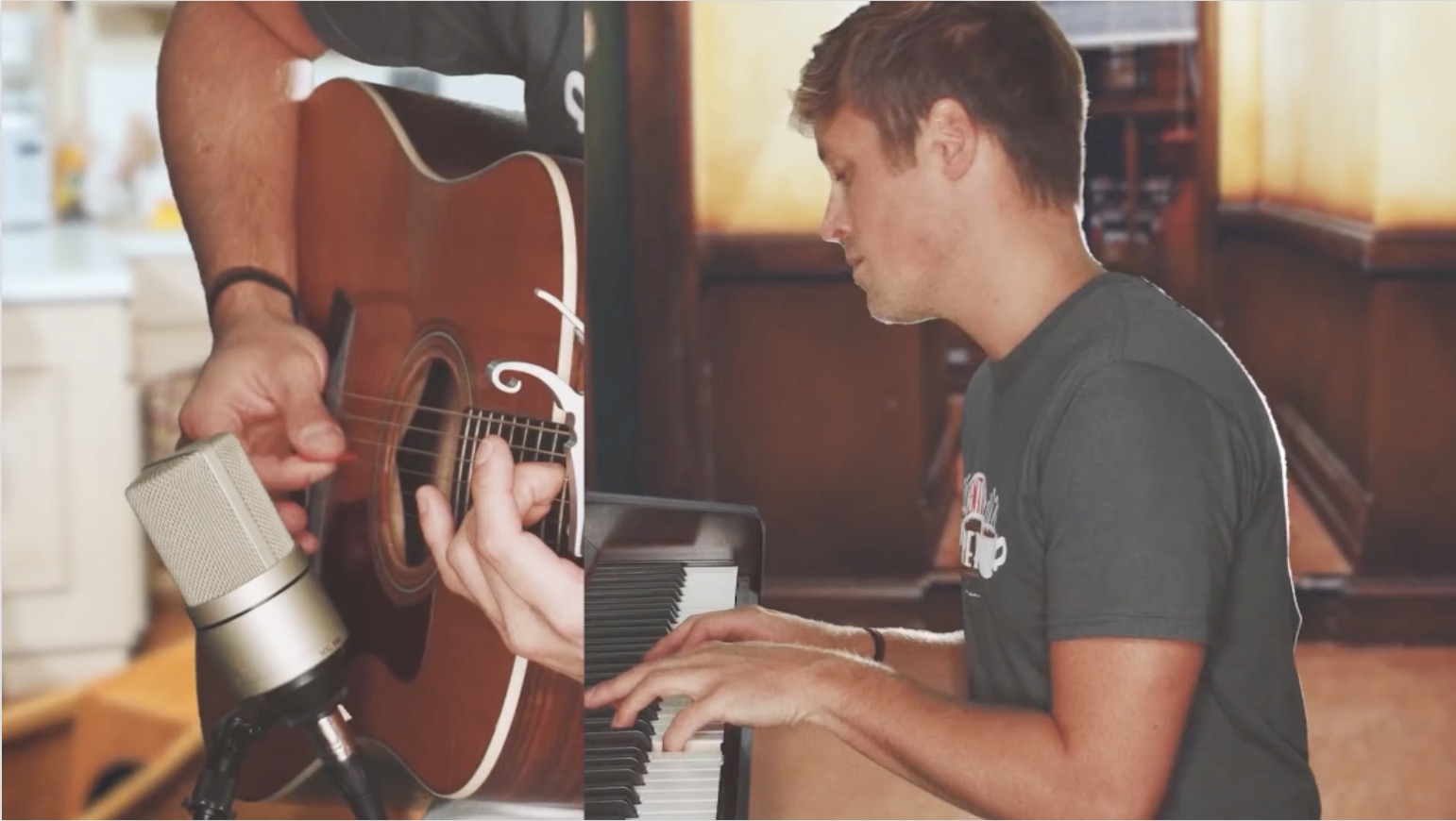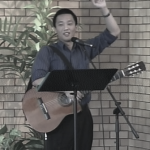What does the Friends theme song sound like in a minor key? That’s what Youtuber Chase Holfelder tried to find out when he covered The Rembrandts’s 90’s classic, “I’ll Be There For You”:
It’s telling how a few musical tweaks can shift a song’s mood entirely. After all, your job’s a joke; you’re broke; your love life’s DOA, right?
In the same way, it’s worth asking the question: what does worship sound like in a minor key? When it’s not a Happy New Year? when you’re feeling weak, broken, hurt, betrayed, disappointed, lonely?
Thank God for the book of Psalms, His divinely-inspired playlist. It starts with an invitation to walk in wisdom and to seek refuge in the Son (Psalms 1-2), and ends with joyful praise for the God of the universe (Psalms 146-150). Yet nearly one in three of the psalms throughout the book are actually laments: poems where God’s people pour out their troubles to Him.
For example:
- “O Yahweh, how many are my foes! Many are rising against me!” (Ps 3:1)
- “How long, Yahweh? Will you forget me forever?” (Ps 13:1a)
- “Why are you downcast [literally: melted away], O my soul?” (Ps 42:5, 11)
- “…my closest friend in darkness.” (Ps 88:18b)
- “By the waters of Babylon, there we sat down and wept…” (Ps 137:1a)
So no one told you life was gonna be this way? Thank God for the lament psalms. These lyrics are so embedded into the consciousness of God’s people through the ages, that in times of trouble they can’t help crying them out. For example see Jonah quote Psalm 42:7 in the belly of the beast, and Jesus Himself cry out Psalm 22:1 at the cross. There’s no escaping the fact that one of the key aims of the Psalter is to model for us what it’s like to worship God in a minor key. In our pandemic ravaged and politically divided world, how we need the lament psalms.
If it’s OK to worship God in a minor key, then firstly, it’s OK for Christians — God’s children — to come to our Father drenched in sadness. We shouldn’t have to hide or feel ashamed of our sorrows. God invites us to bring our depression, our anxiety, our griefs, our questions to Him. Unfiltered. Too many of our churches feel like museums where we admire each other’s triumphs, when it should be more like hospitals where we tend to each others wounds with the healing balm of the gospel. After all, Jesus came not for those who are well, but those who are sick.
And if it’s OK to worship God in a minor key, then perhaps as pastors, worship leaders, and service planners, we need to consider leaving space during our singing and prayers for lament as well as praise. I wonder if too many of our churches give off a one-dimensional vibe where only positive emotions are welcome – no sadness allowed. Yet we need to rejoice with those who rejoice, and also weep with those who weep (Romans 12:15). We need to sing “O Come All Ye Faithful”, but we also need “O Come, All You Unfaithful“. After all, Christ laid His life down for those who have nothing.
Once we do, we’ll be joining thousands of brothers and sisters who have made both praise and lament a regular part of their worship together. Then perhaps we’ll start to live out this catchy sentiment, but in a far richer and deeper way:
“I’ll be there for you, when the rain starts to pour
The Rembrandts, I’ll Be There For You
I’ll be there for you, like I’ve been there before
I’ll be there for you, like you’re there for me too.”
(This post is adapted from a sermon I preached on Psalm 42. You can check it out below or on Spotify, Apple podcasts etc.)




